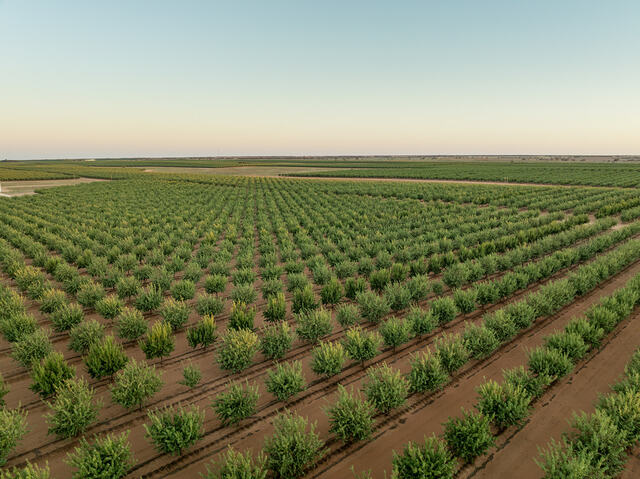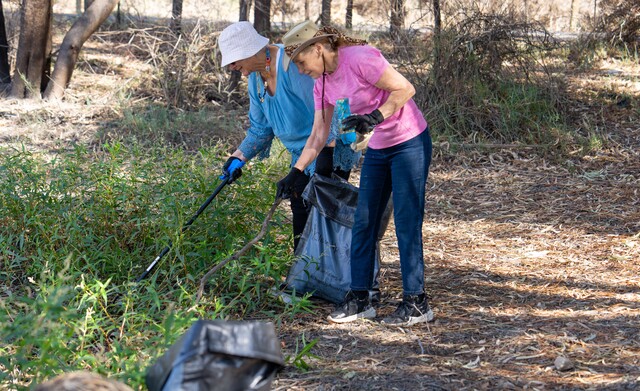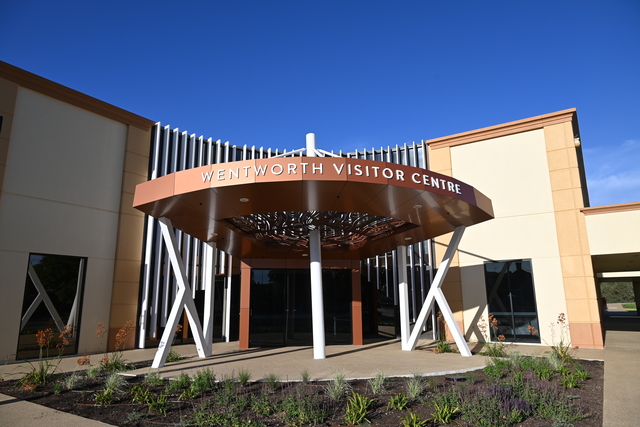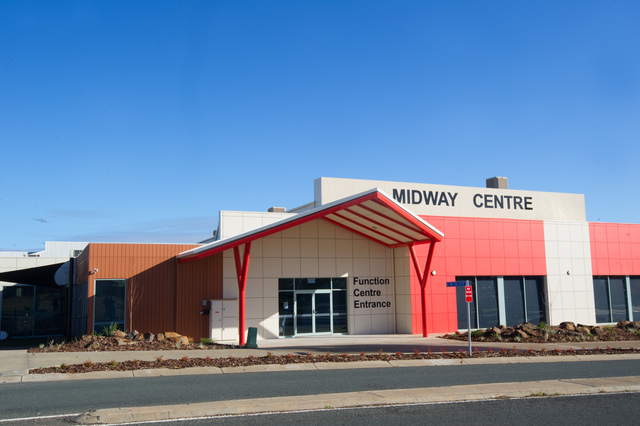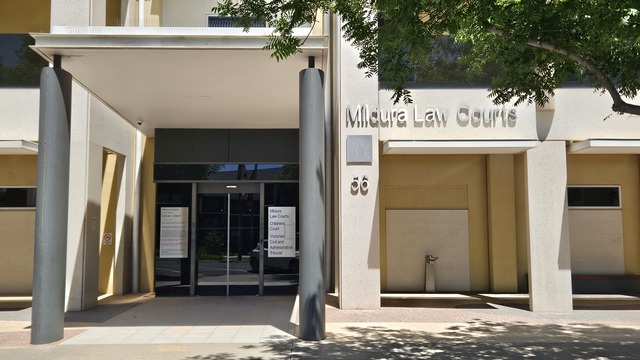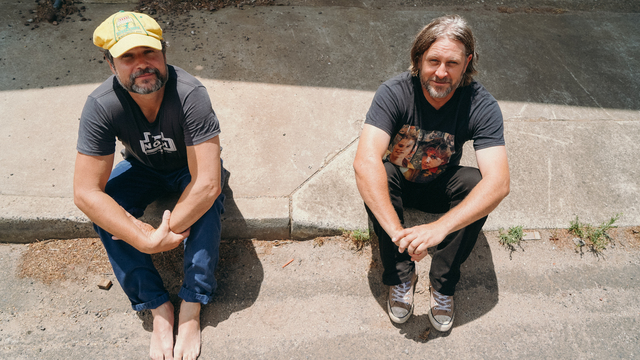The California Workplace Outreach Project (CWOP), a program of the Department of Industrial Relations (DIR), has undergone a remarkable transformation since its inception.
What started as a desperate measure to curb worker-related challenges during the COVID-19 pandemic in 2020 has evolved into a massive program aimed at empowering workers across California to know more about their rights in the workplace and the availability of workers’ compensation benefits.
When the pandemic ended, it became apparent that the need for easily accessible information on workplace rights extended beyond COVID-19. A large number of workers, particularly the low-wage, immigrant, and high-risk workers, remained unaware of their rights under the complex labor and safety legislation in California.
CWOP took advantage of this opportunity to expand its purpose and change a crisis-response project into a sustainable educational platform that enhances the worker protection structure throughout the state. Here is how it is working toward that.
Spreading knowledge about workers’ safety and compensation
CWOP aims to expand coverage of workers’ compensation education. This ensures that every employee knows what to do in case they get injured or ill at their place of work.
The initiative describes the process of:
- Making claims
- Obtaining medical services
- Obtaining wage replacement benefits.
However, CWOP does not stop at that. It educates about prevention, as both workers and employers share a responsibility towards safety.
Collaboration with communities for greater reach
One of the reasons CWOP has been successful is its good network of community-based organizations (CBOs). These are the trusted partners who meet workers in their locations, at workplaces, community facilities, schools, and at local events. They provide training and education materials in various languages.
Through the relationships, CWOP helps fill the gap between the state resources and workers who would otherwise experience obstacles like a language barrier and fear of retaliation in accessing services. With the partners, CWOP is creating a knowledgeable and self-assured workforce that can defend against unfair treatment and unhealthy working environments.
Developing multilingual and culturally relevant materials
To remove access barriers, CWOP creates educational resources in various languages, including Spanish, Tagalog, Vietnamese, and Chinese. These handouts describe in simple language how to:
- Report a workplace injury
- Submit a workers’ compensation claim
- Get medical treatment/lost wages.
In addition to translation, CWOP makes its outreach culturally sensitive and grounded in real-life examples from the various industries it serves. The information is relatable and practical.
Collaboration with legal aids
Certain cases might need specific assistance. CWOP collaborates with workers’ comp attorneys and nonprofit legal advocates who may help workers in complicated cases. Such partnerships assist in closing the gap between general education and individual representation. As a result, injured employees can get direct legal assistance when the need arises.
Targeting workers with media and events
CWOP also conducts webinars, community fairs, and online outreach campaigns to bring services to workers in their neighborhoods or online. The program communicates important updates on workplace protections, retaliation prevention, and benefits available. They use channels like radio, social media, and multilingual newsletters. This is a vast network of communication that enables CWOP to tap thousands of workers across the state annually.
Developing a safety and prevention culture
Beyond compensation, CWOP educates about injury prevention. The program promotes a culture of safety and accountability by involving both workers and employers. Employers get compliance and best practice information. On the other hand, employees receive information on how they can be proactive in mitigating the risks associated with their job.
Summing up
Today, CWOP is a statewide initiative to ensure that every worker is equipped with the means to remain safe and informed. That is irrespective of language, background, or industry. By doing so, CWOP is also defining the future of safety and justice in the workplace in California.

